While neurodiversity celebration week offers the opportunity to highlight the achievements and experiences of autistic women, autism experts have sought to emphasise the structural changes needed to properly support them.
In particular, autistic women and girls face barriers to early diagnosis, an oversight that leaves them without vital early support and reduced support options as adults.
It’s estimated that 80% of autistic women remain undiagnosed at 18, having learnt to conceal, or ‘mask,’ more commonly acknowledged symptoms as children.
These symptoms reflect a gendered perception of autism, honed by years of male dominated research that emphasises social isolation, delayed speech, and heavily gendered special interests.
Such biases account for a diagnostic gender gap that currently sits at 4:1 but could be as low as 3:1 or 2:1.
This results in many women receiving a diagnosis only after presenting with co-occurring mental health conditions like anxiety or depression, due to intense feelings of difference or stress when navigating a neurotypical world.
Cathy Wassell, CEO of Autistic Girls Network, said: “We are diagnosing people in crisis because we haven’t recognised them as autistic before that.
“People aren’t upset or grieving a diagnosis of autism, but they are upset about the fact it’s taken all that time to come.
“They might grieve the idea of themselves as a younger person struggling.”
This was the experience for Cate Porciani, 31, a doctor working in Tuscany, who expressed frustration as well as grief at not receiving a childhood diagnosis, despite what she considers clearly observable behaviour: “I was very angry towards my teachers, because I was a weird kid, I got bullied and nobody ever did anything.
“Sometimes I was hit, but most of the time it was quite psychological: insults, they stole toys from me, and schoolbooks.
“After elementary school, I learned to get social cues by observing other people.
“I thought most people got social cues like this, so it was my fault because I didn’t study enough.”
Late diagnosis exposes girls to potentially avoidable trauma, breeding self-doubt and shame lasts into adulthood.
She added: “I spent so many years of my life asking: ‘Why do I feel like an alien, even among the people that love me?’”
Despite medical training and greater knowledge of the condition than post, Porciani pursued diagnoses for bipolar and borderline personality disorder throughout her twenties before the connection to autism was made.
One of the most overlooked aspects of the female late-diagnosis phenomenon is that slipping through the net as a child means missing out on the most plentiful support available.
Adult services receive are limited, without the clear delivery points a schools can offer.
Wassell said: “There is no automatic provision and authorities expect charities to fill the gaps.”
Lee Gibbons’ work, as operating manager of charity ASD Helping Hands, reflects the important part charities play in plugging this gap.
The charity offers a combination of social groups, training and workshops for parents and employers and well as support navigating diagnostic processes.
When Gibbons began working at the charity in 2010, he exclusively saw children but adult referrals have spiked over the past four years, making up 40% of the charity’s cases.
He emphasised that a lack of support means that diagnosis is never the finishing line.
Gibbons said: “After an initial wave of relief, many people experience self-doubt and questioning.
“You get offered three to four sessions of therapy, which often raises more unanswered questions.
“Funding stops at the age of 25, so after that, you’re given a list of organisations, a list of names and then sent on your way.
“It can be an isolating and lonely experience.”
While ASD Helping Hands is committed to supporting the new wave of adult referrals, Gibbons also reiterated the need for earlier diagnosis.
“People can receive the correct support at an early age, without carrying the trauma and negative thoughts from bad school experiences.”
Against this landscape of childhood trauma and poor adult provision it’s imperative that parents and educational professionals are savvy about the ways autism presents in girls.
For more information:
Autistic girls network: Autism in girls
VerywellHealth: Autism in girls: signs, symptoms and underdiagnosis
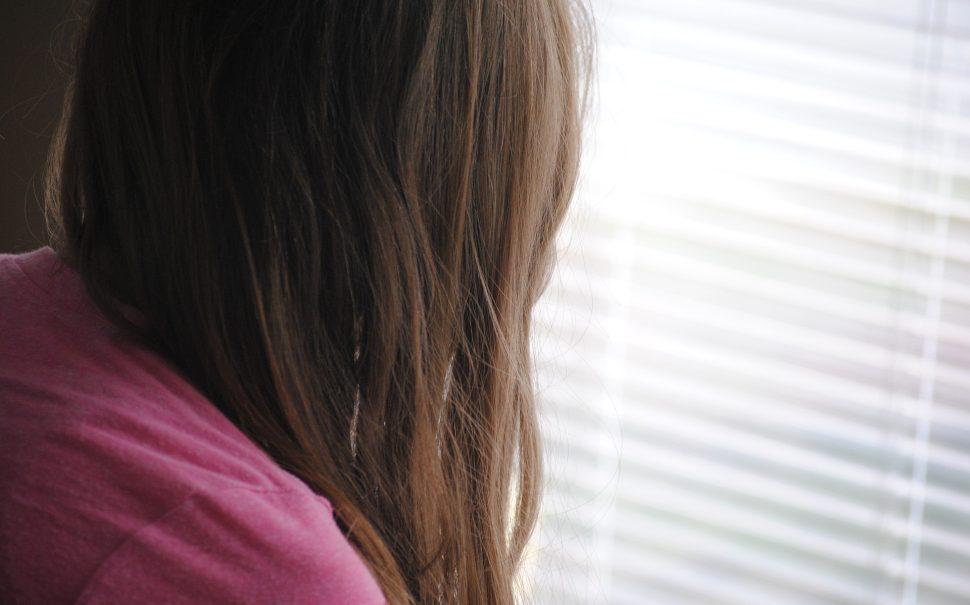
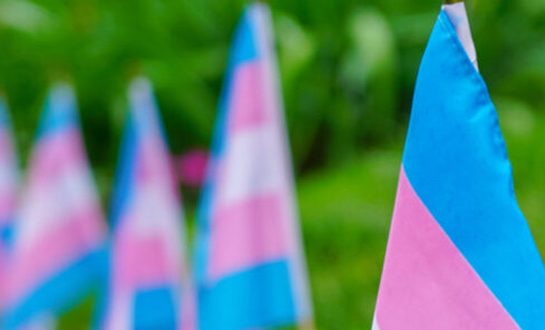
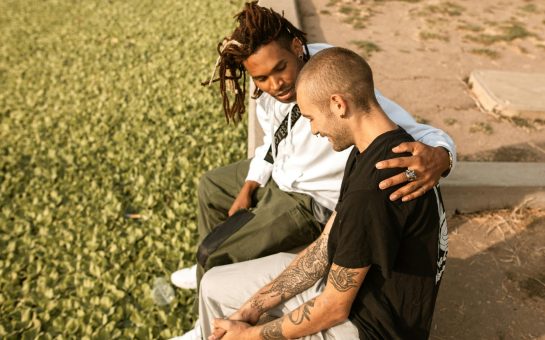
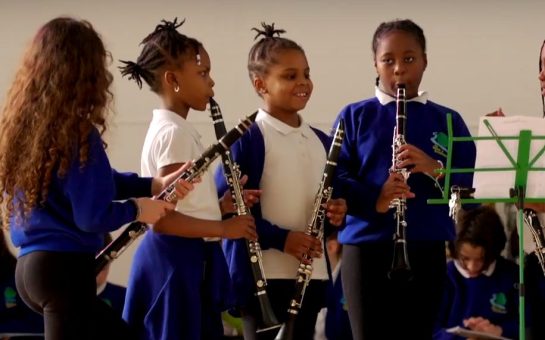
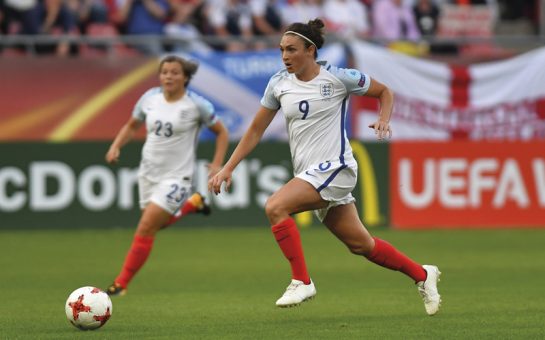
Join the discussion